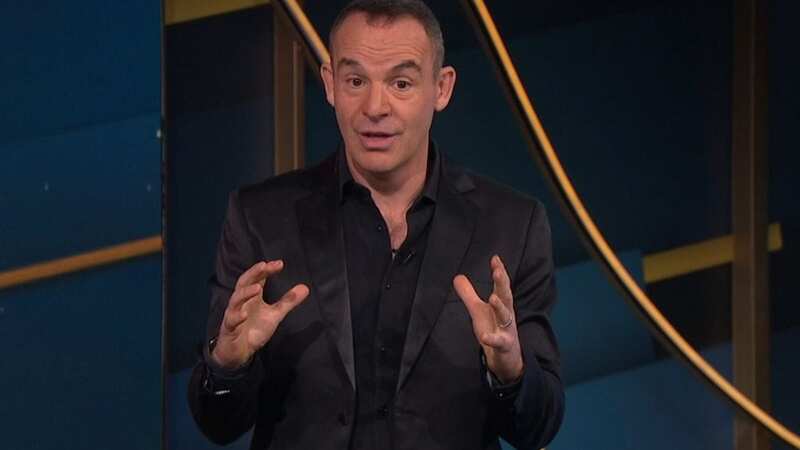Martin Lewis warning over 'pointless' transactions made by millions of people

Martin Lewis has urged Brits to check their bank accounts now - as he warned how millions of people may be making "pointless" transactions.
The MoneySavingExpert.com founder used his latest Martin Lewis Money Show broadcast on ITV earlier this week to issue a call-to-action over direct debits and other regular payments. Martin explained how there are three different types of regular payments that you should be aware of.
The first is direct debits, which are automated payments that are set up by a company, using your sort code and account number, normally to pay household bills. Then there are standing orders, which are typically set up by yourself to make regular payments, such as your rent, to a person or business.
Martin explained how the third type of payments, recurring payments, are often “hidden” in your bank statement - meaning many people miss them and may not realise they’re wasting money. Recurring payments are taken using your long card number, typically for subscriptions and other services such as the gym, and more.
Martin said: “The thing about regular payments - money, direct debits and similar - that drips out of your account is they are passive transactions, we spend our money but we don't do it consciously it happens behind our backs.”
 Martin Lewis issues 8-week warning to phone users ahead of huge price hikes
Martin Lewis issues 8-week warning to phone users ahead of huge price hikes
He continued: “Some of these are useful, they give us discounts or they make sure that we don't miss crucial bills, but the fact is if you're not checking them regularly millions of people are paying for stuff they don't want stuff they don't need or stuff that is absolutely pointless.”
Martin highlighted how show producer Josh has been paying his Amazon Prime monthly membership twice each month for over two and a half years - an overpayment of around £280. Josh managed to get a refund for the last 12 months and got £110 back. Martin said: “This is what I’m talking about, pointless transactions.”
Martin said you can check your direct debits and standing orders either on your paper or digital bank statements, or through online banking. But recurring payments are a bit different.
Martin explained: “With recurring payments though, they are often hidden and it could take elbow grease. Some banks do have subscriptions or regular payment tabs on their apps or websites - Monzo, Revlut, Halifax, Lloyds and HSBC - tend to be better which will spot some, but not necessarily all of your recurring payments.”
Martin added that if they are not listed, they often just appear on credit or debit card statements as a payment. This means you would need to look at the number and see what is going out regularly and try to find the source. When it comes to cancelling a recurring payment, Martin said this usually needs to be done through the product or service you’re paying for, not your bank or credit card provider.
Read more similar news:
Comments:
comments powered by Disqus

































